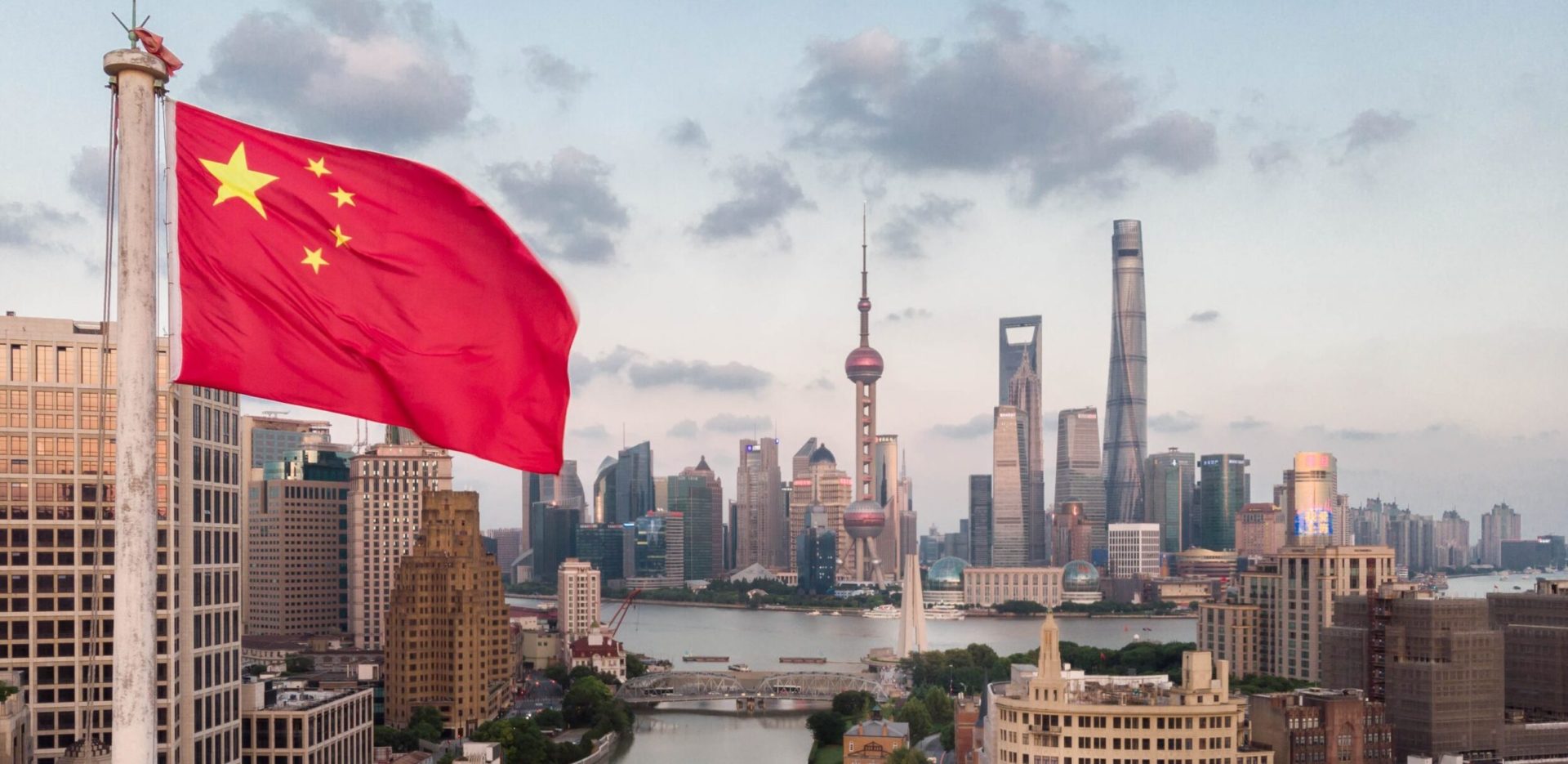
On the eve of the Great War that would lead to over 22 million avoidable deaths, Lenin called the defeat of Russian Tsarism the lesser of two evils, but urged his German and Austro-Hungarian comrades to oppose their Kaisers with the same vigour. This later came to be known in both socialist and anarchist circles as revolutionary defeatism, a concept later repudiated by the Soviet Union under Joseph Stalin in the fight against fascism. The idea is that you do not just refuse to fight for your imperial masters, but you actively welcome their military defeat.
Yet on the eve of the Second World War, many on the radical left from pacificists to communists in the UK, France and Netherlands, opposed the march to war with Nazi Germany. Fresh from his harrowing experiences of communist machinations in the Spanish Civil War, George Orwell broke ranks with infantile left-wing activists and his own opposition to British jingoism by supporting the war effort against Nazi Germany as the only way to defend the liberal enlightenment against the greater danger of a totalitarian descent. It was a tough call at the time for anti-imperialists who remembered the carnage of the Great War only twenty-one years earlier. Many African and Indian opponents of British colonial rule wished for the globe-spanning Empire’s defeat in the two short years between 3rd September 1939 and Operation Barbarossa, when the Nazi invasion of Ukraine led to the July 1941 Anglo-Soviet Agreement, five months before the Pearl Harbour attacks brought the USA into the war. Yet Nazi Germany and Imperial Japan may never have expanded without substantial investment from Anglo-American bankers via JP Morgan and the Bank of England. General Motors had purchased Opel in 1931 and, like Ford, kept its German factories open throughout the war.
Lost in the annals of mid 20th century history is the curious case of George Lansbury, the quaint pacifist leader of the British Labour Party after its resounding 1931 defeat at the ballot box. For three short years, he not only advocated the dissolution of the British Empire but opposed increases in military spending to counter the rise of fascism and national socialism. Mr Lansbury was not alone in wanting to appease rival powers to avert a catastrophic descent into all-out war. David Lloyd George, the prime minister from 1916 to 22, believed Hitler’s government could rebuild Germany as an economic powerhouse and thus counter the rise of communist influence in Central Europe. The National Socialists would never have won over the working classes without promising to redistribute wealth from international bankers to local communities and appealing both to patriotism and family values. Little did the German social conformists of the mid 1930s know that within ten years their dreams of an ecologically friendly and technologically sophisticated 1000-year Reich would lie in tatters with the remainder of a fragmented Germany integrated with the empires of rival superpowers. Key players switched allegiance almost overnight. Consider the case of Adolf Heusinger. He served the Wehrmacht loyally as Chief of the General Staff under Hitler, but later under Adenauer played a key role in the creation of West Germany’s Bundeswehr in 1955 before being appointed as Chair of NATO’s Military Committee.
The winning powers rewrote history to hide their own involvement in the installation of authoritarian regimes in much of Europe and Latin America. Two years after the infamous 1933 enabling act handed executive power to the National Socialist Party, a revised constitution gave Poland’s interwar Sanation movement absolute power too. The ruling classes could only keep up the pretence of multi-party democracy in Scandinavia, France, the Low Countries and British Isles. Of these only Britain, Ireland and Sweden escaped occupation. Britain had a string of National Unity governments from 1929 to 1945. Ever since we have had a Punch and Judy show of successive Labour, Tory and Coalition administrations juggling the balance of power between large corporations and state institutions. It’s hard to imagine any Western government nominally elected into office would have survived long without the full blessing of the corporatocracy. We need only look at the fate of Salvador Allende in Chile or Gough Whitlam in Australia to understand the limits of Western democracy. As long as they placated the masses with better social welfare, big business could tolerate them, but not when they tried to seize control of the means of production or openly obstructed US foreign policy.
Despite all their failings, Western societies retained two things much more precious than electoral consultations, intellectual freedom and bodily autonomy, namely our basic rights to think and breathe as autonomous human beings rather than as zoo animals. The covid scare offered a convenient loophole to override both core human rights for the greater good. However, it is ludicrous to place your trust in other regimes, such as China, with a longer track record of authoritarian overreach. We live in dangerous times. No external power is going to come to save us. NATO may very well lose over Ukraine, but that too may be a mirage ushering in a new post-American era where global Big Tech works hand in glove with regional law enforcement agencies.